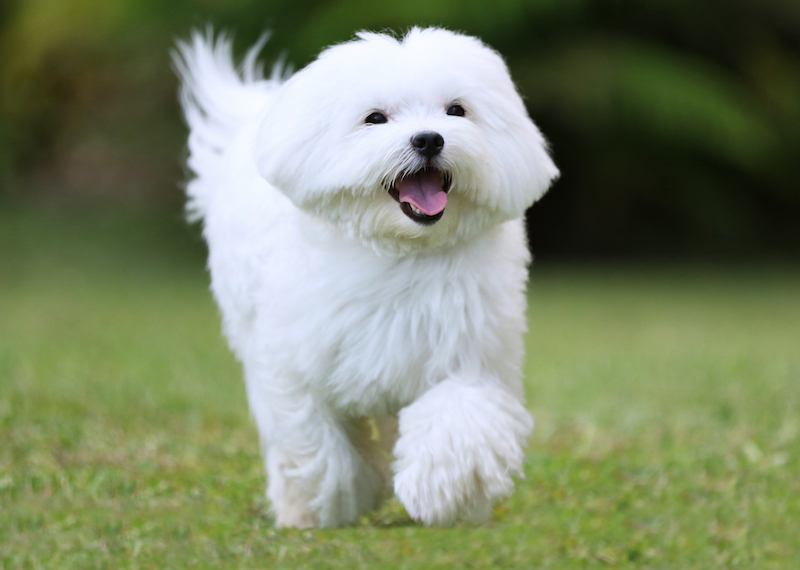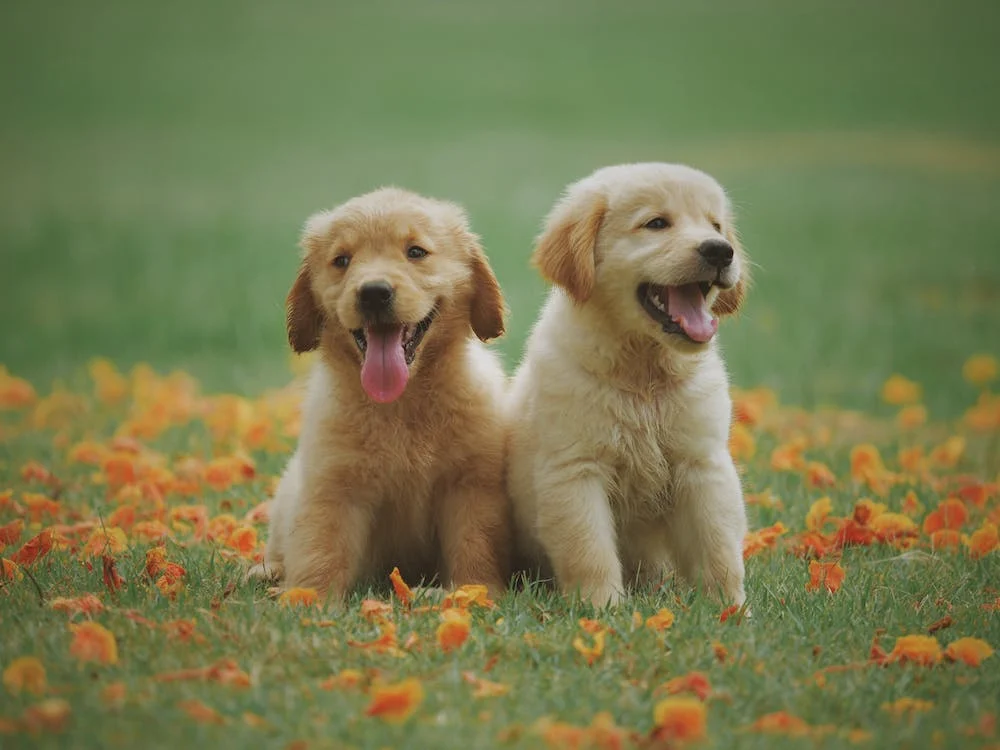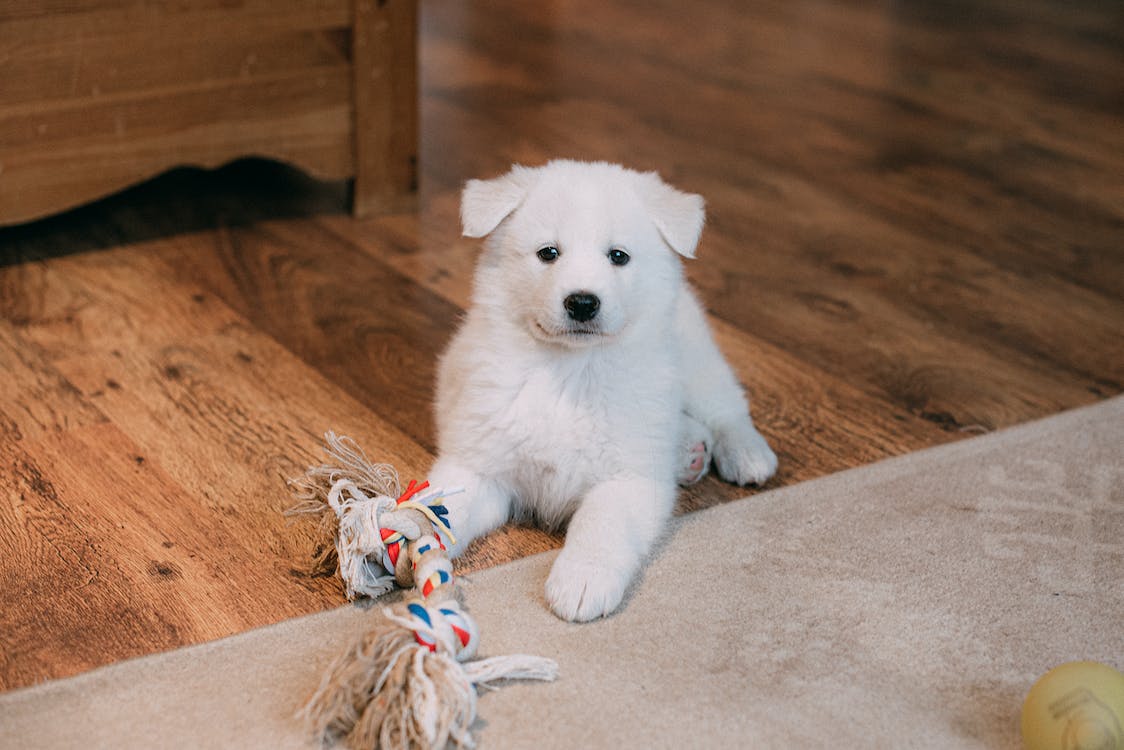You arrive home with a new puppy in your arms, and suddenly your older dog is acting out. They won’t listen, bark excessively, and even nip when you engage with the pup. Can dogs get jealous when there’s a new rival competing for your affection?
While the classic signs of jealousy seem evident, the true emotional capability of dogs to experience jealousy remains scientifically inconclusive. However, dogs do display everything from attention-seeking to aggression when resources are compromised.
In this article, we’ll analyze signs of perceived jealousy in dogs and tips to ease the transition when adding a new pet. Let’s explore whether dogs likely experience true envy or not.
Do Dogs Have a Concept of Jealousy?
Jealousy involves complex emotions like envy, bitterness, and grief over losing exclusivity in a relationship or possession. Scientists debate whether dogs have the cognitive capacity and self-awareness to feel such complex emotions.
However, dogs certainly notice when attention, resources, or access to their owner becomes compromised. While not a classic human-like jealousy, they feel an unease and possessive instinct kick in, much like toddlers do.
Perceived jealous behaviors in dogs typically tie to:
- Loss of one-on-one attention from the owner.
- A new dog competing for toys, treats, or privileges.
- Unfamiliar people or animals suddenly receiving affection from their owner.
So while true emotionally-driven jealousy is questionable in dogs, they react negatively to protect their “possessions” – mainly you!

Signs of Possessiveness Over Owners
When dogs sense competition from interlopers for your attention, you may notice:
- Aggression, growling, or nipping at the rival.
- Urine marking on you or new pets.
- Withdrawing and sulking.
- Destructive behavior when left alone.
- Excessive barking or whining.
- Attention-seeking behaviors.
- Blocking behaviors between you and the rival.
- Becoming clingy and “shadowing” your every move.
These classic actions stem from instinctive possessiveness, not complex jealousy. But the end result of losing your attention is similar.
Tips for Easing Perceived Jealousy
To ease possessive behaviors when adding new family members:
- Spend one-on-one time with each pet daily.
- Give resident pets “first dibs” on attention when arriving home.
- Allow the existing dog to sniff the new addition’s scent.
- Introduce new pets slowly to avoid overwhelming them.
- Avoid punishing jealous behaviors, as that reinforces the rivalry.
- Consider crate and rotate strategies to give each individual attention.
- Stick to routines and rules to maintain stability.
- Lavish praise on polite, friendly behavior between your pets.
- Consult an animal behaviorist if aggression persists.
While patience and compassion are key, also don’t reinforce clingy or controlling behaviors in a misguided attempt to soothe jealousy. Set reasonable boundaries.

Why Do Some Dogs Seem More “Jealous” Than Others?
Certain dogs are more prone to perceived jealousy when their bond with their owner feels disrupted. Dogs that are more:
- Anxious
- Under-exercised
- Routinely pampered
- Possessive of toys or food
- Newly rescued
- Bonded with one person only
- Slow to warm up to new people/animals
…are more likely to act out when you divert attention elsewhere. Multi-pet homes with dogs all mutually accustomed and socialized together tend to see less jealous friction.
Is Dog Jealousy Different From Kid Jealousy?
Both children and dogs display possessiveness over a parent/owner when a new baby/pet arrives. Kids exhibit emotional jealousy, while dogs show instinctive guarding of resources.
However, children can understand explanations around sharing attention. Dogs simply see access has declined and act accordingly. It’s important not to attribute complex emotions like jealousy to dogs despite how closely behaviors mirror it.

Frequently Asked Questions
Still have questions about dogs and jealousy? Here are some common concerns:
Why is my older dog suddenly misbehaving?
Attention-seeking, destructive behaviors or house soiling when a new puppy arrives may stem from the dog feeling ignored. Spend focused time with your older dog daily.
What if my dog becomes too possessive of me?
Consult a professional animal behaviorist promptly if your dog shows aggression or intense guarding around you. They can develop a training plan for appropriate bounds.
How long till my dogs accept each other?
It depends on their temperaments. Slower intros over weeks or months, scent swapping, one-on-one time, and training helps build positive associations. Some dogs do better long term as “only pets.”
Is it OK to crate my dogs separately for breaks?
Yes, “crate and rotate” strategies help dogs feel less jealous and reduces conflict. Make sure both get adequate individual attention daily.
Could medications help dog jealousy?
In extreme cases, anti-anxiety medications might help but don’t address the root cause – insecurity over attention loss. Behavioral modification is best.
In summary, perceived jealousy is common but stems from a dog’s instinct to protect their resources – namely you! With time, attention, proper introductions, and boundaries, you can help minimize resulting behaviors. Let us know if you have any other multi-pet questions!



